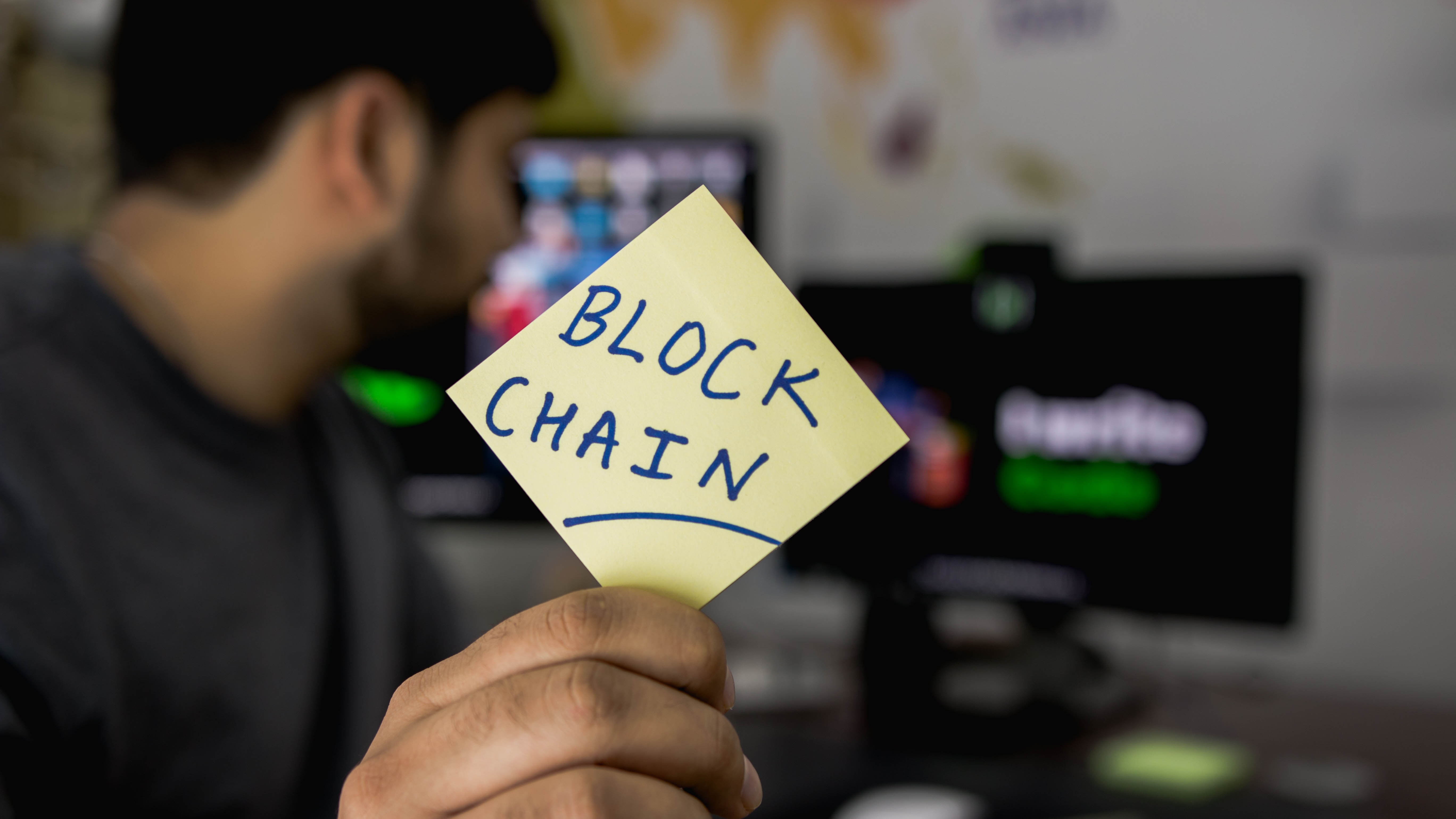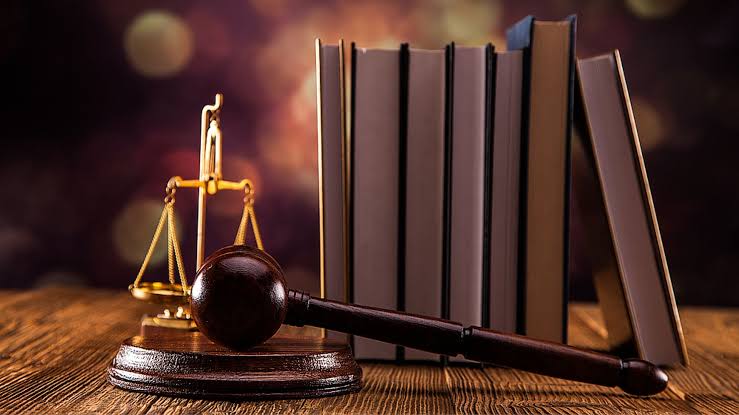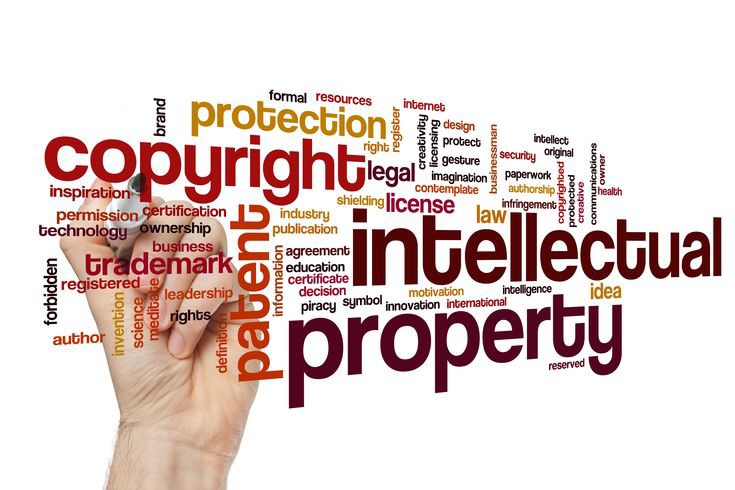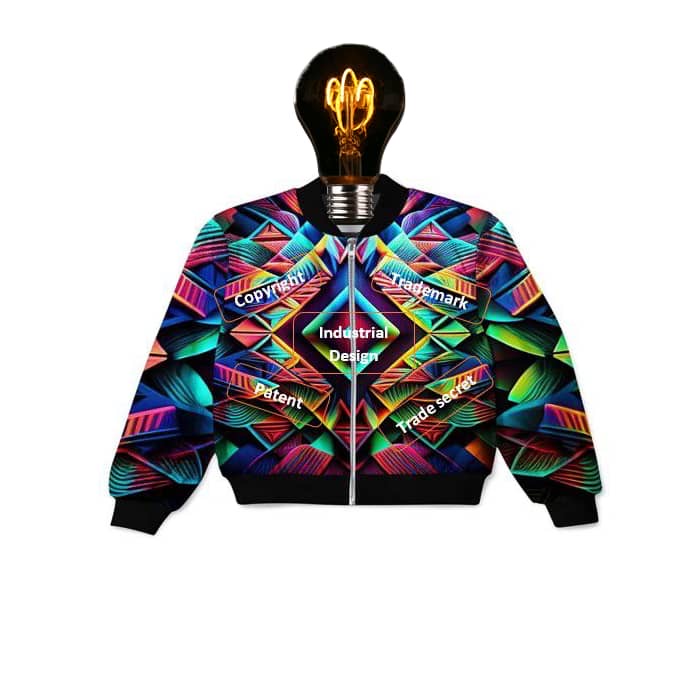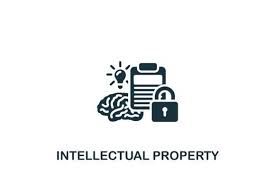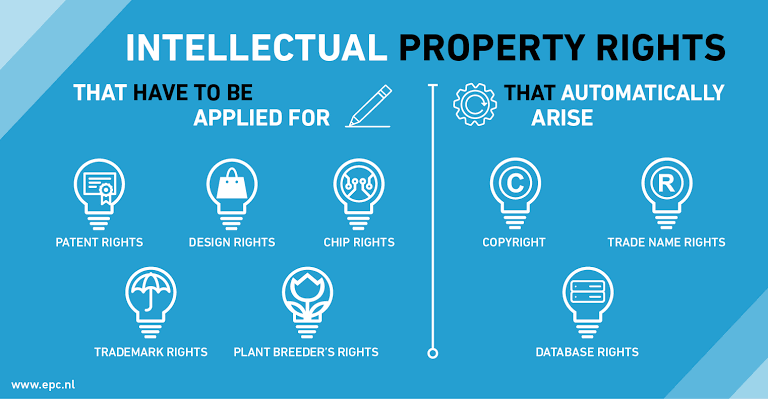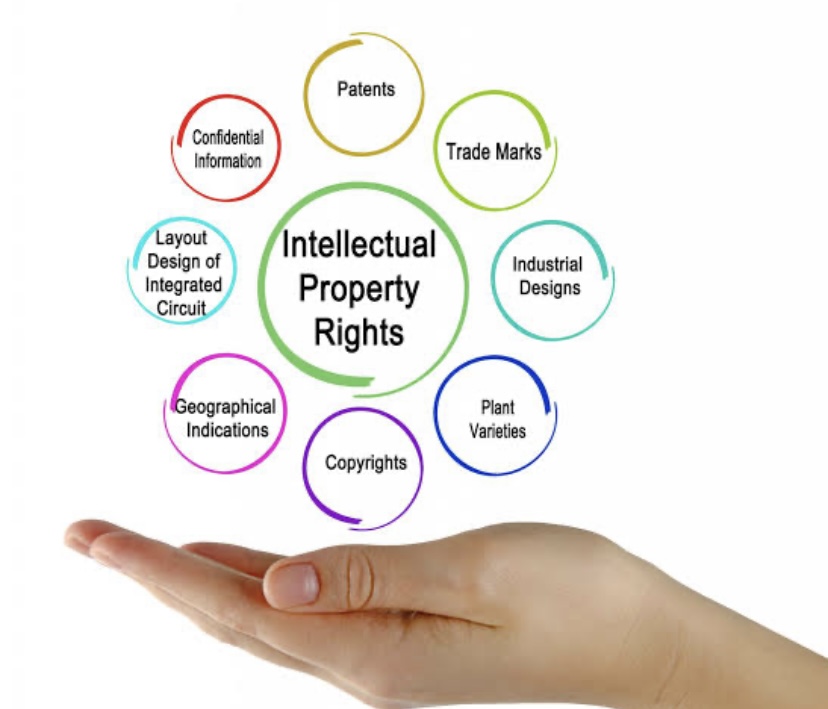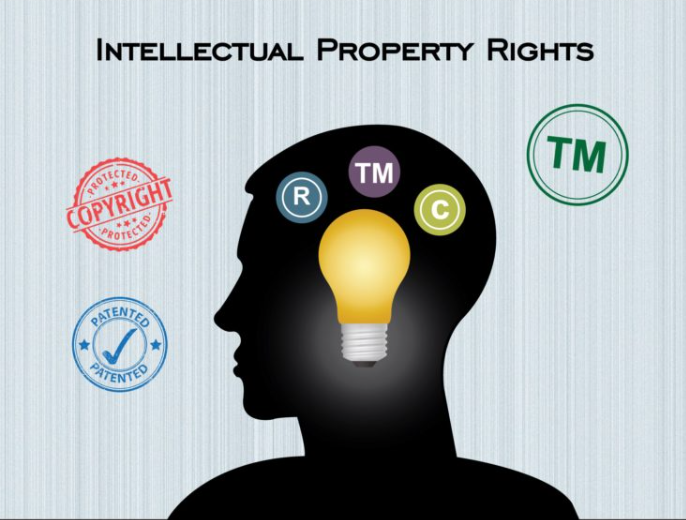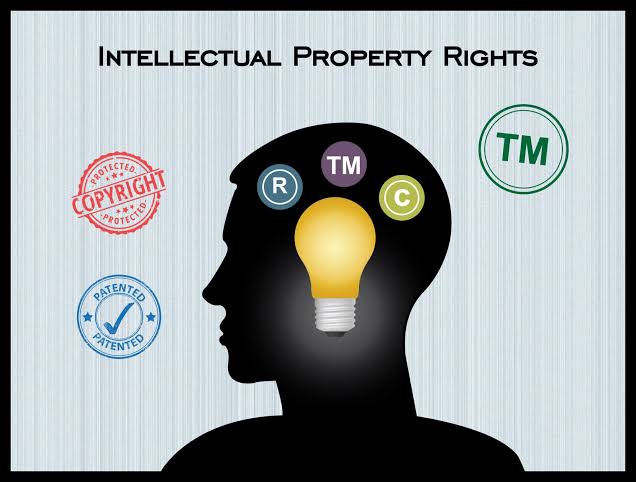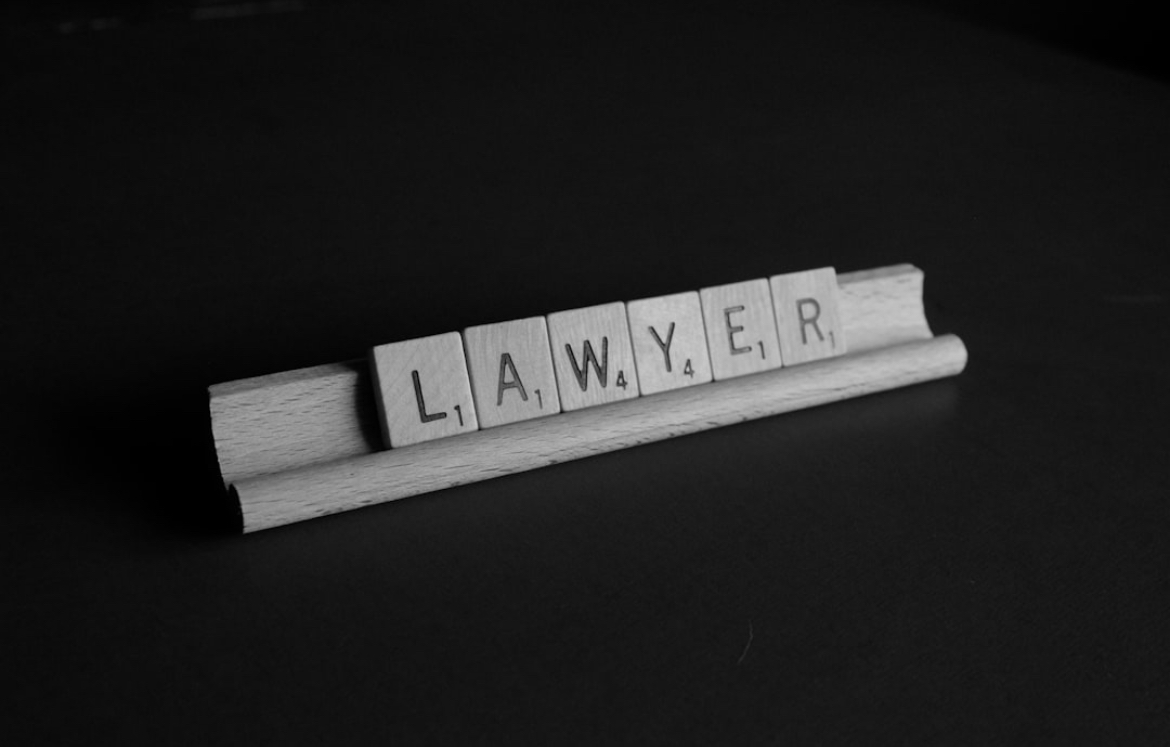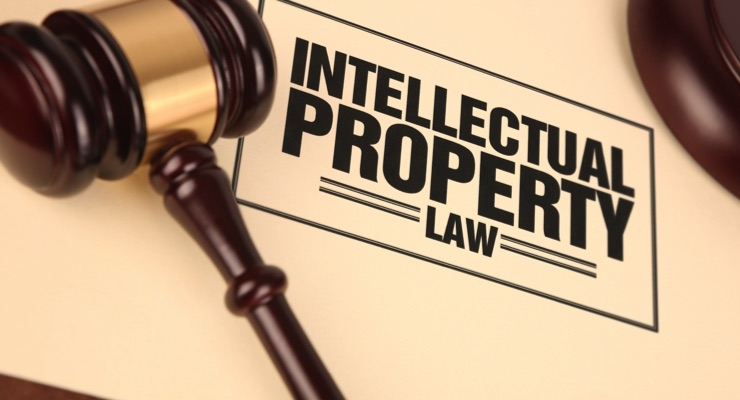
Introduction
A class of intangible assets that are owned and legally shielded by people or businesses is known as intellectual property (IP). These resources, which include mental works like innovations, literary and creative compositions, and symbols, are protected from misuse or application without authorization. Intangible assets are valuable and should be safeguarded even if they are not physical, unlike concrete assets, which are.
Also, Intellectual property (IP) refers to creations of the mind, such as inventions; literary and artistic works; designs; and symbols, names and images used in commerce. The fundamental tenet of intellectual property law is that creations of human intelligence ought to enjoy the same legal safeguards as tangible assets. Because of this, the majority of developed economies have put in place legal frameworks to safeguard both material and immaterial property, guaranteeing that the owners and creators of such works can continue to exercise control over them and profit from their innovations.
Types Of Intellectual Property
In Nigeria, a number of laws have a bearing on the protection and administration of the different rights that make up intellectual property. However, the three main statutes governing the intellectual property Law in Nigeria are the Copyright Act, the Patents and Industrial Designs Act, and the Trademarks Act.
A. COPYRIGHT
Copyright is a legal term used to describe the rights that creators have over their literary and artistic works. Works covered by copyright range from books, music, paintings, sculpture and films to computer programs, databases, advertisements, maps and technical drawings.
It gives the creator of an original work exclusive rights, including the ability to permit or prohibit others from using their work. Copyright is divided into two categories: moral rights, which protect the author's reputation and integrity, and economic rights, which allow the author to profit from their work. Copyright protects a wide range of works, including literary, musical, and creative works, films, sound recordings, and broadcasts.
However, copyright protection is limited to original works that meet the conditions for originality and fixation. While registration with the NCC is not required, it does allow creators to notify the public of the existence of their work by issuing an official certificate.
WHAT CAN BE PROTECTED BY COPYRIGHT LAW IN NIGERIA?
The Nigerian Copyright Act 2022, (The Act) provides that literary works, musical works, artistic works, cinematography films, sound recordings and broadcasts are eligible for Copyright.4 Following this, creators of works under the above listed are entitled and eligible for copyright. The Act provides automatic protection to completed works under any of the above categories.
WHAT ARE THE EXTANT LAWS ON COPYRIGHT IN NIGERIA?
The Nigerian Copyright Act 2022 is Nigeria's primary legal framework for copyright. The Act establishes the Nigeria Copyright Commission being the regulatory body for the protection and enforcement of copyright. Furthermore, Nigeria is a signatory to several international treaties, conventions and resolutions including; the Berne Convention, the WIPO Copyright Treaty and the WIPO Performances and Phonograms Treaty.
B. PATENTS
According to the World Intellectual Property Organization, a Patent is an exclusive right granted for an invention, which is a product or a process that provides, in general, a new way of doing something, or offers a new technical solution to a problem. Generally speaking, a patent provides the patent owner with the right to decide how or whether the invention can be used by others. In exchange for this right, the patent owner makes technical information about the invention publicly available in the published patent document.
A patent may be granted on a novel invention or an improvement on an existing invention that is capable of industrial application5. Patents in Nigeria have a validity period of twenty (20) years after which they expire.
REQUIREMENTS/PROCEDURE FOR GRANT OF PATENT
Application: An application for grant of patent is made to the Registrar and the said application should contain the personal details of the applicant, a clear description of the invention and payment of the requisite fees. A patent application can only be made on one invention at a time.
Examination of application: The Registry would upon receipt of the application, examine the patent application to ensure compliance with the regulatory requirements for a grant of patent. Where there is a failure in compliance, the Registry may reject the application. The requirements are as spelt out in Section 3 of the Patent and Designs Act.
Grant of patent: Where the regulatory requirements are duly complied with, the patentee shall be granted the patent and issue the attending document.
C. TRADEMARKS
A trademark is a sign capable of distinguishing the goods or services of one enterprise from those of other enterprises. Trademarks date back to ancient times when artisans used to put their signature or "mark" on their products. Simply put, a brand's symbol that sets it apart from other brands can be seen as a trademark. Trademarks are required to be unique and distinctive. It can be a logo, a mark, a sign, a colour, or a sound.
REQUIREMENTS/PROCEDURE FOR TRADEMARK REGISTRATION
The requirements for registration of a trademark are as follows:
- Availability Search: The first step in registering a trademark is to conduct a search to determine the availability of the intended or proposed trademark. A trademark may be refused where it closely resembles an already existing trademark, it is deceptive or misleading, or it is offensive, amongst others.
- Filing of Application: An application is to be filed at the Trademark Registry, said application should contain personal details of the applicant, the proposed trademark and the nature of goods or services the trademark intends to protect. The application fee is paid for at this stage.
- Examination of Application: Sequel to a successful application, the Trademark Registry is obligated to examine the application to determine compliance with all the regulatory requirements.
- Publication of Proposed Trademark and Opposition: Where the Registry is satisfied that regulatory requirements have been complied with; a publication is done to inform the general public of the proposed registration. Contentions and opposition to the registration may be received and heard within two (2) months.
- Trademark Certificate: In the absence of a legitimate opposition to the published application, the Trademark may be duly registered, and a Certificate of Registration issued to the brand.
A duly registered trademark enjoys legal protection for a term of seven (7) years after which it may be renewed.
WHAT ARE THE EXTANT LAWS ON TRADEMARK REGISTRATION IN NIGERIA?
The Trademark Act Cap T13 Laws of the Federation of Nigeria, 2004 is the primary legislation governing trademarks in Nigeria. The Merchandise Marks Act, Cap M10 LFN,2004 is also relevant legislation for Trademark registration in Nigeria. Furthermore, the Trademark, Patent and Design Registry under the Commercial Department of the Ministry of Trade and Investment is the regulatory body for the regulation, enforcement and protection of trademarks in Nigeria.
D. INDUSTRIAL DESIGNS
An industrial design constitutes the ornamental or aesthetic aspect of an article. A design may consist of three-dimensional features, such as the shape or surface of an article, or of two-dimensional features, such as patterns, lines or color.
Industrial designs are protected under the Patents and Designs Act Cap P2 Laws of the Federation of Nigeria, which covers the aesthetic features of items such as shape, pattern, and color. Design protection allows designers to prohibit others from copying or mimicking their items' visual appearance. Design protection is valid for 5 years from the date of registration, with the option to renew for consecutive 5-year periods up to a maximum of 25 years.
REQUIREMENTS/PROCEDURE FOR GRANT OF DESIGNS RIGHT IN NIGERIA
The procedure for recognition of Design is essentially similar to the procedure for a patent application. The sole distinguishing procedure is the publication of the certificate details sequel to the registration and grant of Certificate of Registration to the applicant as provided for in Section 17 of the Patents and Designs Act.
E. OTHERS
Geographical Indications
Geographical indications and appellations of origin are signs used on goods that have a specific geographical origin and possess qualities, a reputation or characteristics that are essentially attributable to that place of origin. Most commonly, a geographical indication includes the name of the place of origin of the goods.
Geographical Indications safeguard names and signs used on items that come from a specific geographical place and have traits or a reputation as a result of that origin. While the notion of geographical indications is recognized in Nigeria through the Trademarks Act and accompanying rules, it is continuously evolving. Geographical indications aim to protect the unique characteristics of products linked to their geographical origin, such as specific agricultural products or craft items.
Trade Secrets
Trade secrets are IP rights on confidential information which may be sold or licensed. The unauthorized acquisition, use or disclosure of such secret information in a manner contrary to honest commercial practices by others is regarded as an unfair practice and a violation of the trade secret protection.
Trade secret laws protect certain inventions and assets that a business decides to keep secret. Unlike patents, copyrights, and trademarks, there is no official registration process for trade secrets and the laws related to trade secret protection may be different from state to state. By simply keeping certain things secret in the right way, a company can be afforded the protections of trade secret laws.
Despite some jurisdictional differences, trade secret laws almost universally require protectable trade secrets to (1) not be generally known to the public; (2) have economic value derived from being nonpublic; and (3) be the subject of reasonable efforts to maintain their secrecy. Not being generally known to the public means that the information or technology should not be available from the party trying to keep it secret, nor should it be available from any other source. However, a novel combination of known information or technologies can still be regarded as nonpublic. For example, the individual elements of customer lists may be known, but if the compilation of elements is not generally known, such proprietary lists can still be the subject of trade secret protection.
Conclusion
In conclusion, it is worthwhile to note that registering intellectual property under Nigerian legislation assures protection. Once intellectual property rights are registered, the owners can enforce them in the event of infringement by a third party.
Copyright works are protected after they are fixed in a specific media and original; an invention must be patented before it can be registered, and trademark registration can be in the form of words, a logo, or a mix of the two.
Above all, intellectual property rights in Nigeria can be assigned, licensed, or charged via a mortgage.

